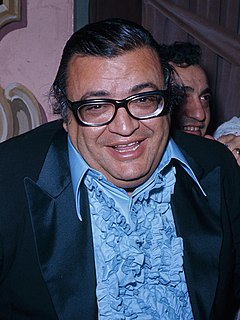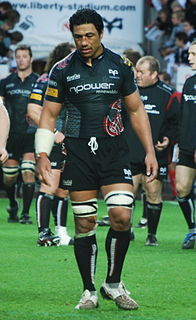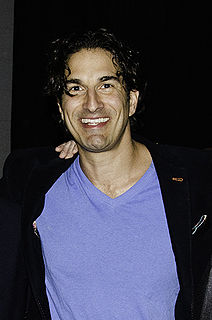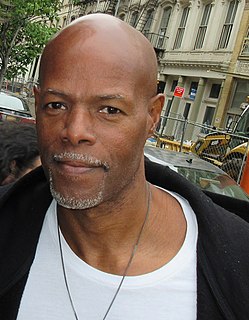A Quote by Kehlani
My brain kind of works in steps. I have to go through things and then process them and then write about them. I have to understand them first.
Related Quotes
I tend to write things seven times before I show them to my editor. I write them seven times, then I take them on tour, read them like a dozen times on tour, then go back to the room and rewrite, read and rewrite... I would never show him a first draft, because then he's really going to be sick of it by the twelfth draft.
...you'll find that being a friend is to like a person for who they are, even the parts you don't understand. You don't have to understand, or do the same, or live their lives for them. If you truly care for them, then you want them to be who they are; that was why you liked them in the first place.
The kind of loving women and men have in them and the ways it comes out from them makes for them the bottom nature in them, gives to them their kind of thinking, makes the character they have all their living in them, makes them then their kind of women and men and there are always many millions made of each kind of them.
If you have to conduct layoffs, which is always a regrettable thing, there's kind of three things that are very important. One is to communicate well with your employees in order to help them understand why it is you're doing, and how. Second is to make sure that the employees who are part of the go forward, understand kind of what happened and are not like the ground doesn't keep moving. It's like, okay, we did that, we're moving forward, here we go. And then for the employees that you unfortunately have to let go, try to provide as much support for them as possible.
You've got to be committed. It comes down to setting yourself goals as an individual. In rugby you have team goals that you strive for, but you also set yourself simple goals that are achievable. It helps to write them down so you understand what you need to do, and what your focus is. Put them on your wall, then each time you wake up, you'll see them. Then you can just tick them off once you've achieved them.
I still go to a party and say something embarrassing to someone, and then write them a weird e-mail about it the next day, and then write them a text because I think they didn't get the e-mail. No matter what happens with your level of success, you still have to deal with all the baggage that is yourself.
A lot of college graduates approach me about becoming screenwriters. I tell them, 'Do not become a screenwriter, become a journalist,' because journalists go into worlds that are not their own. Kids who go to Hollywood write coming-of-age stories for their first scripts, about what happened to them when they were sixteen. Then they write the summer camp script. At the age of twenty-three they haven't produced anything, and that's the end of the career.
I didn't learn how to read and write until pretty late, and it was this very mysterious, incredible thing, like driving, that I didn't get to do. And then I started writing things down on little scraps of paper and I would hide them. I would write the year on them and then I would stuff them in a drawer somewhere. But I didn't start to really read until about eight. I'm dyslexic, so it took a long time.




































